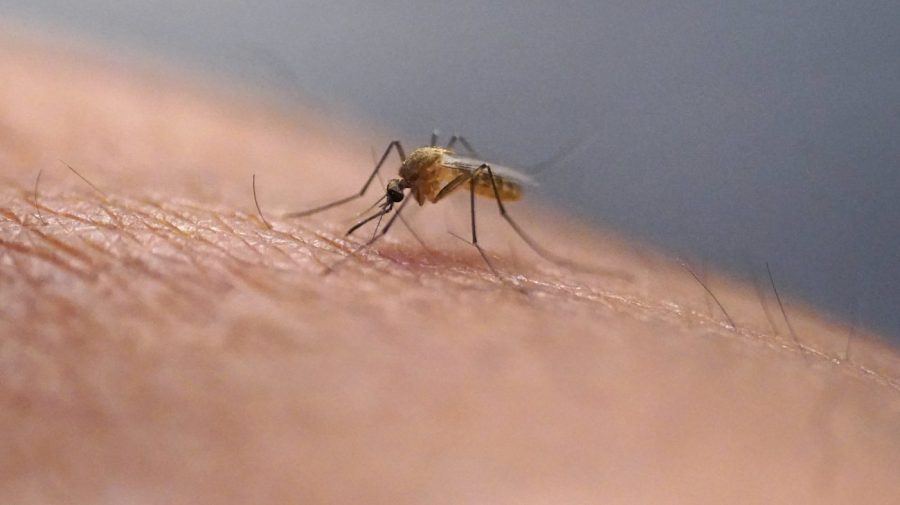The South Carolina Department of Public Health (SCDPH) announced on March 15, 2025, that the state has reported its first confirmed death from eastern equine encephalitis (EEE) in over two decades. The individual, who resided in Beaufort County, marks the first human case of the EEE virus reported since 2020 and the first fatality linked to the virus since 2003.
EEE virus is transmitted to humans through the bite of an infected mosquito, and it is not passed from person to person. According to Dr. Edward Simmer, interim director of the SCDPH, “While cases of the virus in people are extremely rare, the effects can be very serious to those who are infected. We encourage everyone to take action to reduce the risk of mosquito bites, including eliminating mosquito breeding sites.”
Public Health Response and Prevention Measures
The SCDPH highlights that approximately 30% of those who develop severe eastern equine encephalitis die, based on data from the Centers for Disease Control and Prevention (CDC). Many survivors experience ongoing neurological issues. Currently, there are no vaccines or specific treatments available for humans infected with the EEE virus. The primary method of prevention remains reducing exposure to mosquito bites.
The American Mosquito Control Association (AMCA) recommends several strategies to minimize risk, including wearing long sleeves and light-colored clothing, applying EPA-registered insect repellents, and following product label instructions. In response to the recent case, Beaufort County Mosquito Control has conducted multiple mosquito spraying operations in the vicinity of the reported illness onset, with plans to utilize helicopter spraying for more effective coverage.
Ongoing Surveillance and Community Efforts
In addition to spraying, Beaufort County will set mosquito traps to test for EEE virus presence. As of now, no EEE-positive mosquitoes have been detected in 2025. The county plans to enhance mosquito population monitoring with increased trapping, alongside additional spraying missions based on surveillance data.
Since mid-July through August of 2025, the SCDPH has identified 10 EEE-positive horses across various counties, including Aiken County (3), Colleton County (2), Horry County (1), Jasper County (1), Orangeburg County (1), and Sumter County (2). This highlights the ongoing presence of the virus within animal populations, which can also pose risks to humans.
To combat mosquito breeding, the SCDPH offers several recommendations for residents. These include regularly emptying standing water from items like buckets and bird baths, discarding any unwanted items that could collect water, and maintaining a clean property by clearing debris from ditches and drains. Community engagement is encouraged, with neighbors urged to collaborate in reducing mosquito populations in their areas.
For more information on preventing mosquito bites and controlling mosquito populations, the public is directed to visit the SCDPH website.





































































